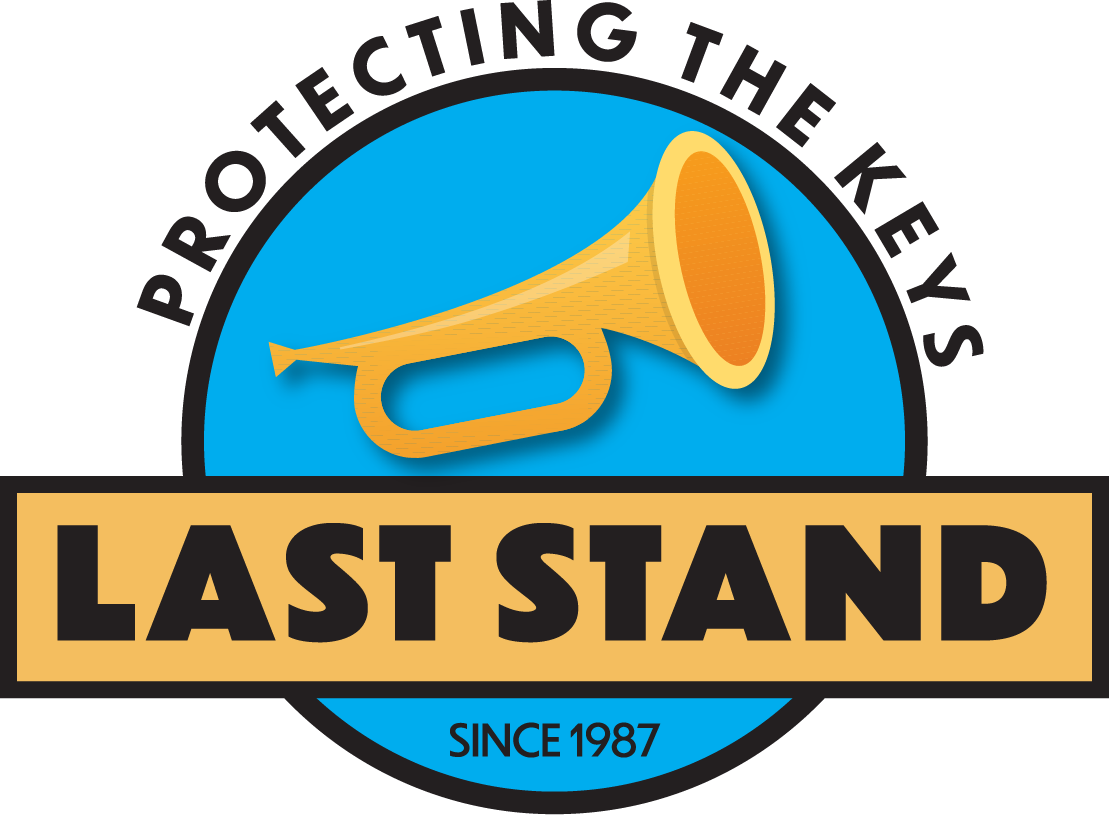Comprehensive Plan Oversight

Oversight of Local Government Comprehensive Planning
Last Stand believes good land-use planning protects quality of life, natural resources, community character and property values.
Good land-use planning is important because it affects many aspects of our daily lives: housing stock, property taxes, affordable housing, commercial areas, commercial fishing areas and light and heavy-industrial uses. Various regulations cover new construction, remodeling, density and intensity of development, clearing of native habitat and take into account available infrastructure: adequate roads, public utilities, schools and hospitals.
Public Participation
Comprehensive Planning is the product of extensive public participation. A transparent, public planning process is the basis for fair land-use regulations that create a level playing field for all citizens. Residents are able to have more confidence in regulations they help to craft and, as a consequence, have few adverse surprises in their neighborhoods or in nearby commercial areas.
The responsibility for developing good land-use plans is a collaborative effort between elected officials, growth management staff, residents, citizen groups and commercial interests. New plans or changes must be submitted to Tallahassee for review by the Florida Department of Economic Opportunity (DEO) which oversees land-use decisions throughout Monroe County.
Enforcing the Comprehensive Plan (Comp Plan) falls to many players, including code enforcement staff. Any time someone applies for a building permit or asks for a commercial development, the Comp Plan is being enforced.
Levels of Comprehensive Planning in Monroe County
Monroe County has a total land area of 983.28 square miles. More than 99 percent of the Monroe County population lives in the island chain known as the Florida Keys. The Florida Keys are a chain of low-lying islands extending over 220 miles in length from the southeastern tip of the Florida peninsula to the Dry Tortugas.
In incorporated areas of Monroe County, each municipality develops a separate Comprehensive Plan. Those incorporated areas are the cities of Key West, Marathon, Key Colony Beach, Layton, and the Village of Islamorada.
All other unincorporated islands, including remote offshore islands and Mainland Monroe County (primarily Everglades National Park and Big Cypress Preserve) are covered by the Monroe County Comprehensive Plan.
In addition to the overarching Monroe County Comp Plan, there are five Livable CommuniKeys Plans (LCP’s) developed by residents in specific areas of unincorporated Monroe County. LCP’s have been adopted for Key Largo, Tavernier, Big Pine Key and No Name Key, the Lower Keys (Saddlebunch Key, Lower Sugarloaf Key, Sugarloaf Key, Cudjoe Key, Summerland Key, Ramrod Key, Big Torch Key, Middle Torch Key, and Little Torch Key), and Stock Island.
These site-specific plans incorporate a consensus vision for how residents would like their respective communities to take shape over a twenty-year planning horizon.
Monitoring and Updating Comprehensive Plans
Over many years, Last Stand has monitored the comprehensive planning process by attending public meetings of the various boards and commissions of both Monroe County and the City of Key West and by providing suggestions to decision-makers directing new development into areas using a common-sense, environmentally aware approach (e.g., toward developed areas served by adequate existing infrastructure and away from remote and environmentally sensitive areas.)
Both Monroe County and the City of Key West are currently undergoing a Comprehensive Plan Update process and are moving toward adoption of their respective 2010-2030 Comprehensive Plans. Last Stand board members have actively participated in efforts to enhance the existing Comprehensive Plans and will continue to do so.
Watchdog Role
Last Stand has been vigilant in keeping an eye on fast population growth that might adversely affect hurricane evacuation for our citizens and has consistently advocated for fair regulations protecting property rights, public safety and natural resources.
Last Stand directors and members examine every County and City of Key West agenda, attend public meetings and meet with individual decision-makers to discuss important land-use issues. In addition, the Last Stand board alerts members when votes are taking place on key issues and encourages participation when appropriate.
On occasion Last Stand reminds policy-makers of past decisions and how forcefully those positions were articulated by citizens, warning them against taking actions that might violate the public trust. When Comp Plan amendments are being considered that appear to jeopardize important goals and objectives, Last Stand directors join with hired land-use consultants and, when necessary, attorneys to advocate strongly in favor of following both the letter and the spirit of County and City laws.
What You Can Do
Planning commissions at the local and county levels meet regularly, and their agendas are published ahead of time on their websites. Stay informed about what is being proposed for your area; attend meetings to voice your concerns or give suggestions to policy makers regarding developments.
Last Stand will make every effort to oversee these public processes, and publish relevant details on our website, but please contact us with any concerns.
See Also
